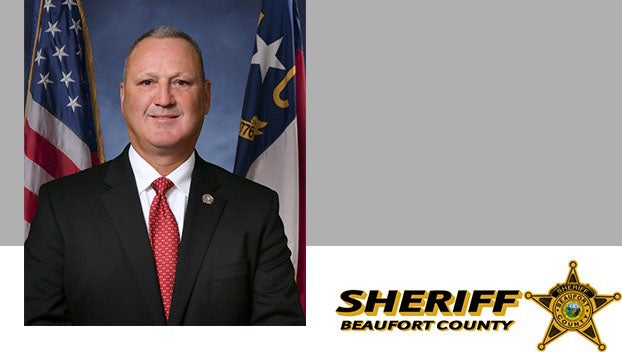Roberson outlines challenges council faces in coming months
Published 2:36 pm Thursday, December 24, 2015
Washington’s 2016-2017 fiscal year budget won’t take effect until July 1, 2016, but before the first week of 2016 ends, city officials will have started work on that budget.
On Jan. 4, 2016, the city’s management team is scheduled to receive budget packets, which will be used by team members as they begin formulating budgets for the city’s various departments. That same day, outside agencies seeking money from the city will receive packets related to their budget requests. In recent years, the city has required the outside agencies to provide detailed information regarding their finances and how they plan to use any city money they might receive.
A week later, capital-improvement worksheets prepared by the management team (mostly city department heads) are due. Team members are scheduled to review the CIP worksheets with the city manager Jan. 11, 2016.
On Jan. 25, 2016, the City Council is scheduled to conduct a budget-planning session, the same day the city’s Finance Department is scheduled to provide its estimate of revenues for the upcoming fiscal year. That estimate lets the City Council know the approximate amount of money the city has to work with in that fiscal year.
That same day, funding requests from outside agencies are due, with a presentation concerning those requests scheduled for Feb. 8, 2016, before the City Council.
City Manager Bobby Roberson is expected to present his recommended budget to the City Council on April 11, 2016, when the proposed budget will be available for public inspection. The tentative public hearing on the budget is set for May 9, 2016, with adoption of the budget tentatively scheduled for May 23, 2016.
The council is expected to meet several other times early next year to work on the budget.
Roberson, in a recent interview, outlined some budget challenges the city faces.
“I think the most important thing is to actually see — this is our first year after the Duke Power transitioning. I think it’s important for us to monitor the electrical distribution side because it represents almost $39 million worth of our budget at $70 million. So, we need to pay close attention to that,” Roberson said.
He referred to Duke Energy Progress and the North Carolina Eastern Municipal Power Agency completing the approximately $1.25 billion sale of NCEMPA’s generating assets to Duke Energy Progress this summer.
That agreement provides positive benefits to both Duke Energy Progress customers and NCEMPA members.
Washington’s residential and small general-service power customers, as of Aug. 1, received a 6-percent reduction in their electric rates
“The second thing is that the department heads understand that in cash flow we took a hit this year with the No. 1 fire engine. So, I think the capital improvements program is going to be big for us this year,” said Roberson, referring to the city having to replace the fire engine sooner than planned because of problems with it.
Over the past several years, the City Council, for the most part, continued to reduce the amount money transferred annually from the electric fund to the general fund. That trend ended with the current fiscal year and may not resume with the upcoming fiscal year.
“I’m going to use the same number that we did (for the current fiscal) year. I believe it was $625,000. So, basically, that’s the number I’m going to use again. They (council members) can take a look at it and say ‘yes’ o ‘no’ or they can increase it. We’re allowed by the (N.C.) General Statutes to go up to $1.2 million, it may be a little bit higher than that. … We’ve been working on that (reduction). At one time, I believe, we were down to $425,000.”
Roberson said the main factor behind the city having to increase its transfer from the electric fund to the general fund for the current fiscal year and possibly in the upcoming fiscal year is the failure of the N.C. General Assembly to keep its promise to provide an alternate revenue source after it took away the city’s authority to generate revenue by issuing business privilege licenses. That decision by the Legislature cost the city at least $100,000 in annual revenue. The city took in about $123,000 in such revenue during the 2013-2014 fiscal year, according to city officials.






